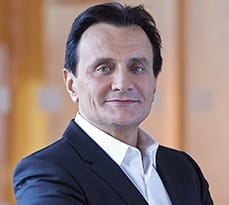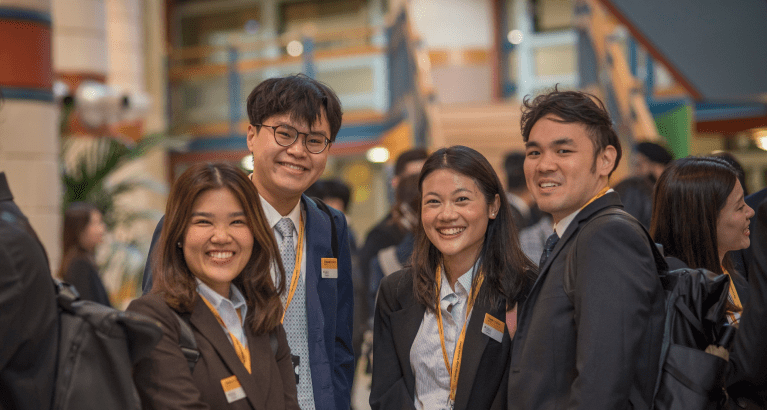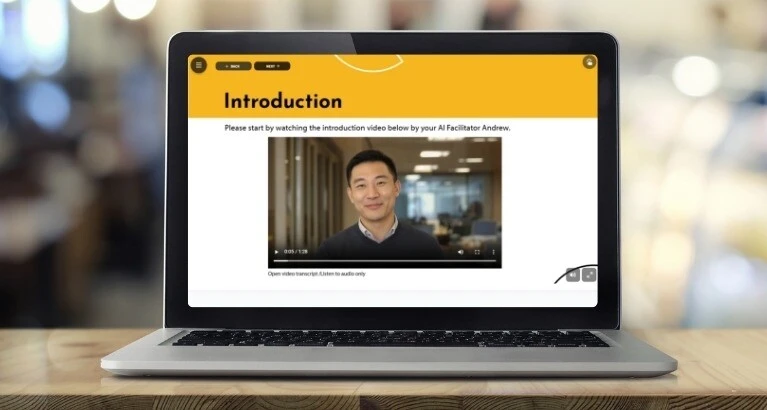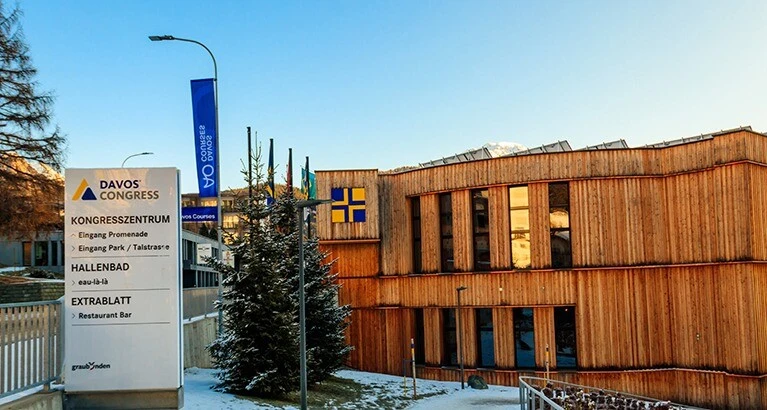By Pascal Soriot.
The CEO of AstraZeneca, Pascal Soriot, explains how he went from banlieue to boardroom.
I was the pure product of a French scientific education. No-one in my family was involved in business, my mother wanted us all to be doctors or engineers. She succeeded with my 2 brothers who are both doctors and she half-succeeded with me: I studied veterinary science and graduated at 20 but then my father died and I had to work for a couple of years to support my family. But I wanted to explore the world and I thought going to business school would be a good way to do that, so I went to HEC Paris. I didn’t even know what a balance sheet or a P&L was. I first encountered the concept of leadership there, when I was thrown into team working.
Global mindset and personal growth

Flexibility has been fundamental to my success. Behind flexibility lies curiosity – and of course luck. You have to be able to seize opportunities. From HEC I joined the chemical division of Hoechst and was offered the chance to go to New Zealand and then Australia as a pharmaceutical sales rep. I’d never even left France. It was a challenge to my family but my wife loved it and now nearly thirty years later I am practically an Australian, it’s where my family live and where I will retire eventually. It was here I learnt the relaxed yet very professional atmosphere I like to work in. If you go to another country, you simply have to adapt – today careers are global. At least, mine certainly has been.
Make sure you do something you love doing. I never dreamt I’d become a CEO one day. I didn’t plan my career in any way, I just always tried to get to a place where I was enjoying myself. The most important piece of advice I can give is to do something you are passionate about, where you can contribute and make a difference. It’s what I told my children and what I will tell my 7-year-old grandson, though at the moment he wants to be a cricketer which, as a Frenchman, I can’t really help him with. And don’t worry if you think you’ve missed out on an opportunity – just keep on working and something better will turn up, provided you do the best job you can every day. Luckily for me, my wife is not money hungry and has always told me to just do what I think was right for us. It hasn’t turned out badly so far.
I learnt from a very young age that you need someone to watch your back. We grew up in a relatively poor neighbourhood in Paris and I knew you had to be part of a team to survive. These days I try to get people to work independently from me at the head but I also weed out the self-centred, those focussed only on their own situation.
I wouldn’t be where I am now if I hadn’t taken risks with my own career. When I went from Roche HQ in Switzerland to manage Genentech in California they could see me coming, this guy from the land of cuckoo clocks with a French accent. It could have gone very badly wrong. But I found a great leader there in the company CEO, Art Levinson. He was a leader by intuition and he taught me an enormous amount. Above all, he listened to people and he had a natural ability to direct you the right way. I don’t want to work alongside people who only see the risks and challenges, never the possibilities. In a big organisation it’s very easy to simply turn things down to avoid failing but that way you do not make progress.
Legacy through people and purpose
It’s a rule of mine to hire people who could be my boss. People talk a lot about good leadership when what they really mean is the ability to communicate. For me, a good leader is someone who surrounds themselves with a good team. Not everyone is a born leader but if you can attract the right people and, even more importantly, keep them then you will succeed. That is one of the marvellous things about working in Cambridge. You are surrounded by smart people, even when you just go to a football match. And I am lucky that there are many people today in senior roles across the pharmaceutical industry whom I recruited at early stages in their career and whom I can now turn to.
My legacy as a person and a leader is very important to me. That includes my family, of course, but also the impact I have had on other people. An important part of my legacy will be to have improved the environment for my company and the people who work there. Cambridge is a big feature of that, hence my commitment to build a new research centre there. There is no magic bullet to success, it just takes hard work and a determination to do what you think is right.
Featured academic
Pascal Soriot
Executive Director and Chief Executive Officer, AstraZeneca
Related articles
Programme news
How Cambridge MBA students manage stress and wellbeing
The Cambridge MBA is intense by design. In just one year, students navigate rigorous coursework, build global networks, pursue career transitions and develop leadership skills, all whilst adapting to a new environment and often a new country. It's transformative but it's also demanding. That's why mental health and wellbeing support isn't an afterthought at Cambridge Judge Business School, it's embedded into the fabric of the programme.
Programme news
Bringing case studies alive through AI
A new interactive platform driven by AI allows Executive Education participants at Cambridge Judge Business School to chat electronically with the CEO, CFO and other top executives of a fictional battery-making company. Their candid answers provide insight in a way the printed page cannot, and the system has proved very popular at the Advanced Leadership Programme at the Business School.
A new report from a World Economic Forum (WEF) panel co-chaired by Thomas Roulet, Professor of Organisational Sociology and Leadership at Cambridge Judge Business School, calls for a series of measures to future-proof leadership for the 21st century. The report highlights the current lack of trust in leadership around the world, and recommends action to inject “fresh thinking and an intergenerational perspective” to safeguard future leadership models.





